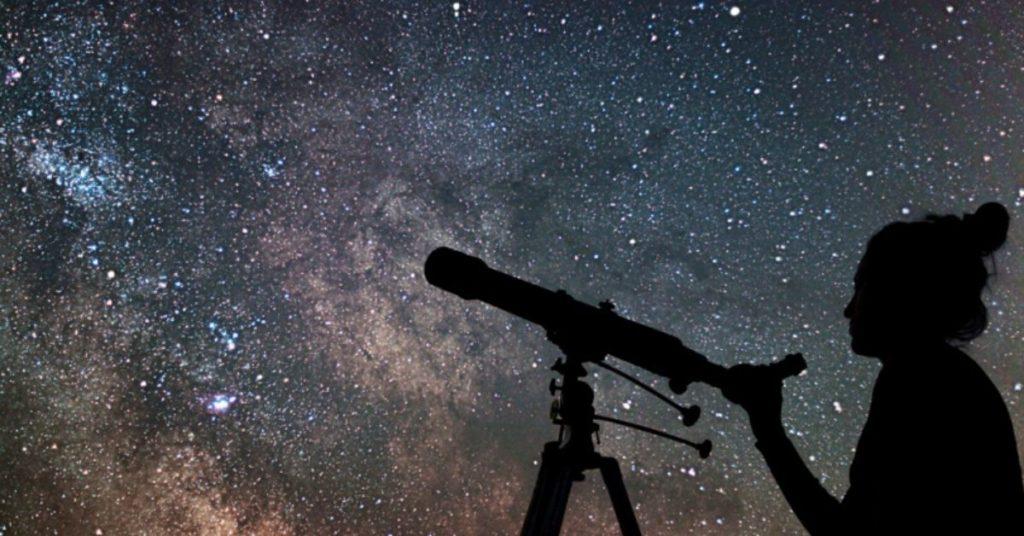Humanity has been looking to the stars for knowledge, guidance, and inspiration for thousands of years. Ancient civilizations from different parts of the world studied patterns in the heavens, recording their observations and using those insights in various ways: from navigation to time-keeping to agriculture to basic decision-making. For this reason, astronomy is among one of the earliest fields of science. Some even say it’s actually the oldest of all.
Ancient Mesopotamian texts (around 1600 BCE) tell us that the Babylonians noted the positions of planets, constellations, and the timing of eclipses. They even incorporated mathematics into their observations; it’s believed that they were the first civilization to realize that astronomical phenomena occurred at certain intervals. Over time, they learned to predict how celestial bodies behaved, albeit with a low accuracy rate.
However, the Babylonians weren’t alone in trying to unlock the secrets of the skies. Across the world, astronomical observations were also recorded in Central America, China, Egypt, Greece, India, and other places. (It’s theorized that the mysterious monoliths of Stonehenge in England may have been used to predict the positions of the Sun and the planets, but we may never know this for sure.)
Many early astronomers believed that the positions of planets and stars influenced the minutiae of everyday life. This explains why astronomy and astrology used to be connected, and why many of us still believe in things such as Mercury retrograde. These days, though, we no longer regard astrology as a science; now, any meaningful connection it may have with astronomy begins and ends with its first two syllables.
Each year, the Philippines celebrates National Astronomy Week during the third week of February, as mandated by Presidential Proclamation No. 130, s. 1993. Regardless of what you believe about the stars and how they influence your destiny, it’s good to look up at the sky and appreciate its wonders every once in a while—and remember how those who came before us took hold of their own destinies when they laid the foundations of modern astronomy with their eyes, minds, and hands.
Still remember your 5th-grade science classes? Test your knowledge and see if you still remember these facts and fundamental concepts in human anatomy, biology, botany, and other branches of science. Click here to try the “Are You Smarter Than A Pinoy Fifth-Grader” Challenge.
Follow the hashtag #FlipFacts on Facebook and Instagram to get your daily dose of science trivia!
Cover photo: Shutterstock
References
- https://www.space.com/16014-astronomy.html
- http://abyss.uoregon.edu/~js/ast121/lectures/lec02.html
- https://www.britannica.com/science/astronomy/Ancient-Greece
- http://bagong.pagasa.dost.gov.ph/astronomy/astronomical-diary
- https://www.theatlantic.com/science/archive/2016/02/babylonians-scientists/462150/
Author: Mikael Angelo Francisco
Bitten by the science writing bug, Mikael has years of writing and editorial experience under his belt. As the editor-in-chief of FlipScience, Mikael has sworn to help make science more fun and interesting for geeky readers and casual audiences alike.







